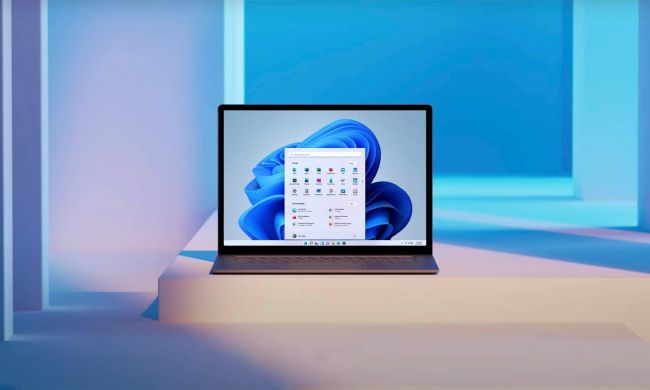Since they were first proposed in the 1800s, contact lenses have continued to evolve with the latest technology. Plastic lenses arrived in the 1930s, corneal lenses in the 1940s, soft hydrogel lenses in the 1960s, and disposable soft contact lenses in the 1980s. Now get ready for the latest upgrade: Smart contact lenses.
Developed by researchers from nanoelectronics and digital technologies hub Imec, a research group at Ghent University in the Netherlands, and partners in Madrid, this “artificial iris embedded in a smart contact lens” offers a tunable lens aperture, built-in RF antenna, and an integrated, low-power LCD screen that’s able to operate the entire day. It promises to correct an assortment of human eye issues by expanding visual sharpness, decreasing optical aberrations, and — crucially — raising or lowering the levels of light that are allowed to enter the eye in a dynamic manner.
“The smart contact lens features a liquid crystal cell that is able to modify the amount of light entering the eye,” Andrés Vásquez Quintero, an assistant professor at the Center for Microsystems Technology, an associated Imec laboratory at Ghent University, told Digital Trends. “The LC cell is automatically controlled by a novel application-specific integrated circuit designed at Imec. The ASIC includes light detectors to measure the amount of light present in the environment, blink detectors, and special LC drivers to [automatically control] the lens without the intervention of the user.”

Treating a range of conditions
Quintero said that the smart contact lens could treat patients with a range of issues — from aniridia, coloboma, and dry eye syndrome to neurological problems like chronic migraine and traumatic brain injuries — by reducing the amount of light that enters the eye. The lens adapts automatically to the environment without the user having to do anything.
“Currently, passive and active prototypes are being tested in order to prove the safety and efficacy of the devices,” Quintero said. “Simulations of the device with real data from patients have already shown the efficacy of the device. The next steps … include full validation of the devices with patients before commercialization efforts”
A prototype of this smart lens was shown off earlier this month. It will be further developed into a medical device by Imec and Ghent University spinoff Azalea Vision. A paper describing the work was recently published in the journal Scientific Reports from Nature.
This isn’t the only smart contact lens we’ve covered at Digital Trends. Silicon Valley startup Mojo Vision has raised tens of millions of dollars to develop augmented reality contact lenses. The creators of these smart lenses claim that they will help people with visual impairments. No launch date has yet been announced.


